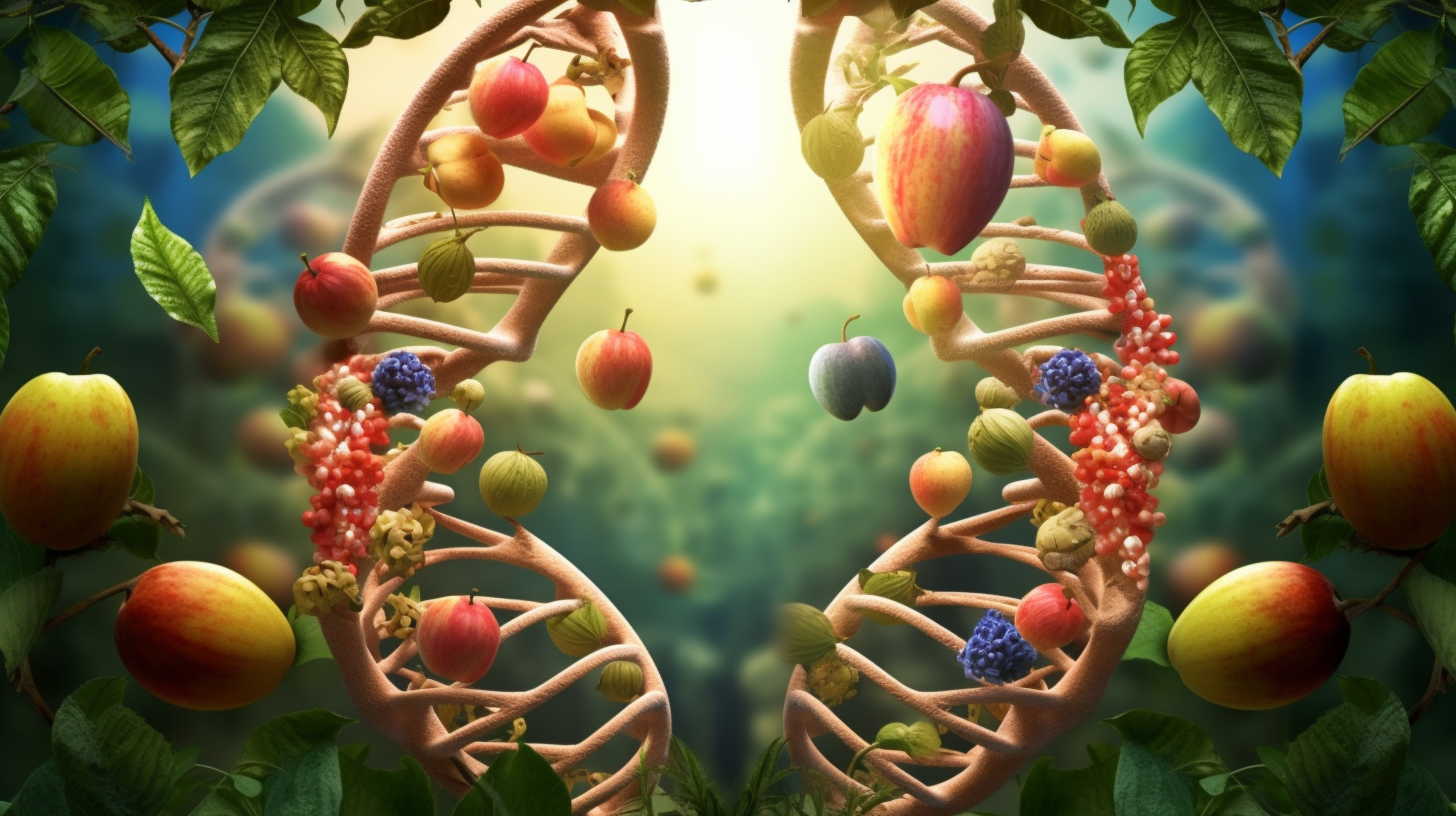The Ethical Implications of Genetic Engineering: Playing God or Advancing Humanity?
In human inquiry, few subjects elicit such profound ethical quandaries as the power to manipulate the very fabric of life itself. Genetic engineering, with its tempting promises of disease eradication, enhanced physical and cognitive capabilities, and even the creation of entirely new life forms, beckons us to tread the fine line between advancing humanity and playing the role of a self-proclaimed deity. In this delicate balance, we must navigate the ethical implications of this scientific frontier, armed with intellectual rigor and historical perspective, to challenge the conventional wisdom surrounding genetic engineering.

Playing God:
The phrase "playing God" has long served as a cautionary talisman against human hubris. Its essence lies in the belief that tampering with the natural order of life amounts to overstepping our boundaries as mere mortals. Yet, history shows us that progress, in all its disruptive glory, has always demanded that we challenge the limits of what is considered natural. The harnessing of fire, the invention of the wheel, and the mastery of flight challenged the status quo and high human potential. Genetic engineering, for all its complexities, is no different.
The argument against playing God stems from the presumption that we are unworthy or ill-equipped to wield such power. But who determines what is worthy or unworthy? Are we to stifle our intellectual curiosity and forsake the potential benefits of genetic engineering due to an unfounded fear of our capabilities? We are, after all, a product of evolution—a testament to nature's boundless ingenuity. To dismiss genetic engineering as an act of hubris denies our capacity to shape our destiny.
Advancing Humanity:
Genetic engineering holds the promise of enhancing the human condition in unprecedented ways. The eradication of genetic diseases, such as cystic fibrosis or Huntington's disease, is a moral imperative that cannot be ignored. By manipulating our genetic makeup, we have the opportunity to alleviate the suffering of countless individuals who bear the burden of inherited afflictions. To deny them this chance would be an affront to our collective conscience.

Moreover, genetic engineering can pave the way for human enhancement, allowing us to transcend the limitations imposed by nature. Through careful genetic manipulation, we can bolster cognitive abilities, increase disease resistance, and extend the human lifespan. The argument that such enhancements would create an uneven playing field is not without merit. However, history has shown that no matter how disruptive, progress ultimately benefits society. Our moral obligation is to ensure that these advancements are accessible to all rather than abandoning the pursuit of human betterment altogether.
The Dangers of Unbridled Ambition:
While the promises of genetic engineering are tempting, we must not succumb to the siren call of progress without acknowledging the potential pitfalls. History has taught us that unbridled ambition often comes at a significant cost. Therefore, ethical considerations and recognizing the consequences of our actions must temper the pursuit of knowledge.
One needs only reflect upon the horrors of eugenics, a dark chapter in human history, to understand the perils of unchecked genetic manipulation. The atrocities committed to achieving a so-called "master race" are a stark reminder of the dangers when science is divorced from ethics. Therefore, genetic engineering must be cautiously approached, guided by ethical frameworks prioritizing human dignity and safeguarding against the erosion of individual freedoms.

In the face of genetic engineering, we face a defining moment in human history. It is a moment that demands our intellectual rigor, critical thinking, and unwavering commitment to ethical considerations. The path we choose will shape the fabric of our existence, and the consequences of our actions will resonate far beyond our lifetimes.
To dismiss genetic engineering as an act of hubris is to deny our potential and forsake the opportunity to alleviate suffering and enhance the human condition. However, we must proceed cautiously, as history warns us of the dangers of unbridled ambition. Nevertheless, with the right balance of intellectual curiosity, ethical grounding, and an unwavering commitment to the well-being of humanity, we can navigate the uncharted waters of genetic engineering and redefine our species' future.
Let us not shy away from the challenges before us but instead embrace them with the resolve to overcome our limitations and forge a path toward a future that celebrates our intellectual prowess while safeguarding the inherent dignity of all. For it is in the pursuit of knowledge, tempered by wisdom and compassion, that we genuinely embody what it means to be human.

Plato Re-Imagined
This course offers 32 comprehensive lectures exploring most of Plato's dialogues. These lectures guide students toward a consilient understanding of the divine—a concept that harmonizes knowledge across disciplines and resonates with secular and religious leaders. As a bonus, Lecture #33 focuses on consilience, demonstrating how different fields of knowledge can converge to form a unified understanding.






